Fuel Safety
From the Blog
-
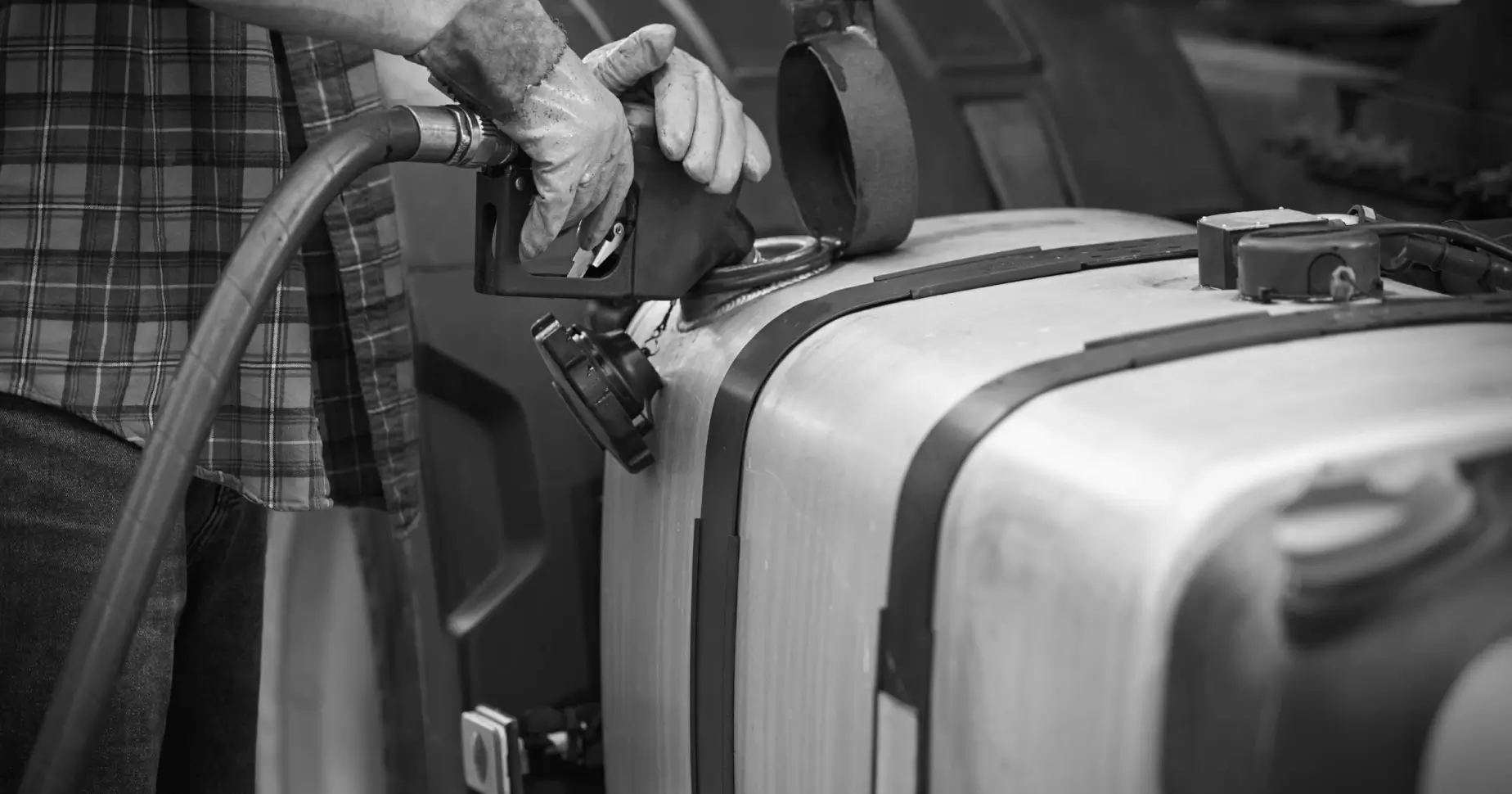
Fuel Delivery Safety: Prevent Accidents During Fuel Transfers
Washington County recently experienced an explosion during a propane delivery, highlighting the risks of unsafe fuel management and the necessity of following fuel delivery safety guidelines. Secure fuel services require proper handling, regular maintenance, and a safety-focused culture. As a trusted fuel delivery service, Fuel Logic promotes safety in fuel delivery. We’ve compiled safety tips…
-
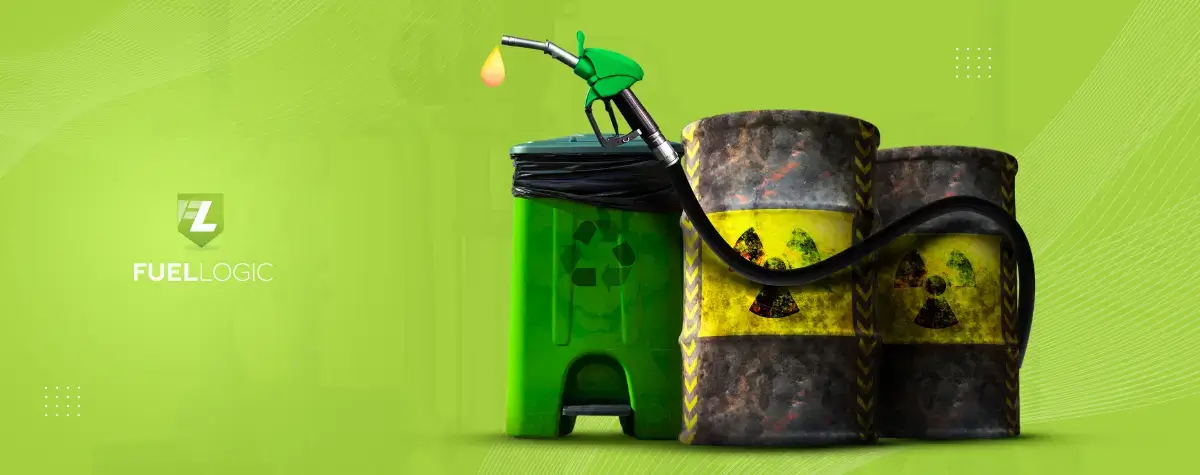
Fuel Blending: Blended vs Unblended Fuels Explained
The main difference between blended and unblended fuels is that blended fuels mix different fuel types to improve emissions and cost efficiency, while unblended fuels offer higher octane and purity. Fuel blending also influences engine performance, environmental footprint, and overall cost-effectiveness. Fuel blending, the process of combining different fuels, impacts engine performance, environmental footprint, and…
-
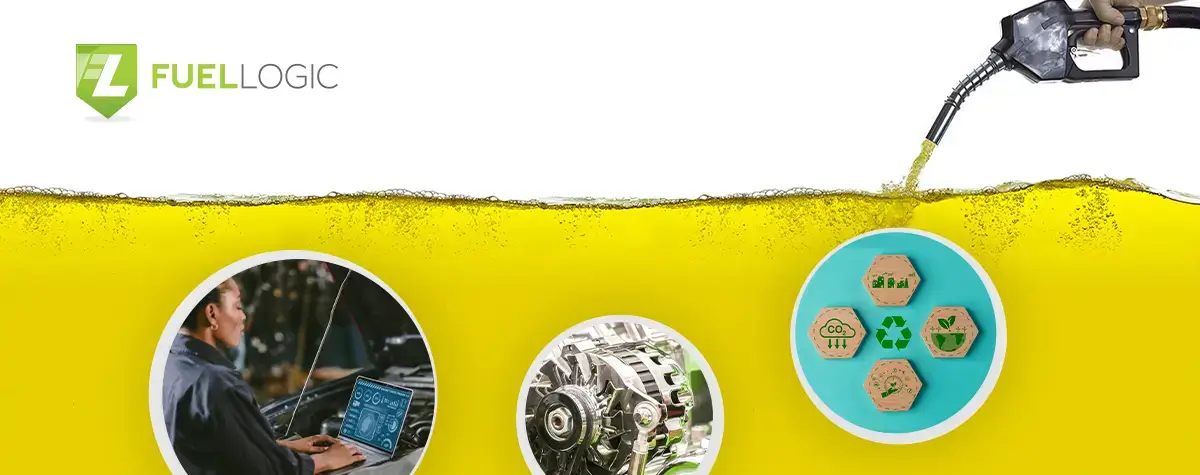
What Is Quality Fuel and Why Is It Important?
From gasoline to diesel, fuel quality plays a critical role in the operation of vehicles, machinery, and equipment. It encompasses various factors such as purity, energy content, absence of contaminants, and compliance with regulatory requirements. In various industries, the use of high-quality fuel is essential for ensuring the efficient operation of processes and equipment. Knowing what makes…
-

Common DEF System Problems
Common DEF system problems include contamination, poor storage, mixing with diesel, sensor failures, low quality, incorrect DEF levels, freezing, and pump or injector issues, which can damage the SCR system or shut down the engine. Maintaining proper DEF quality and levels is crucial for emission compliance and avoiding warning lights or limp mode. DEF is…
-
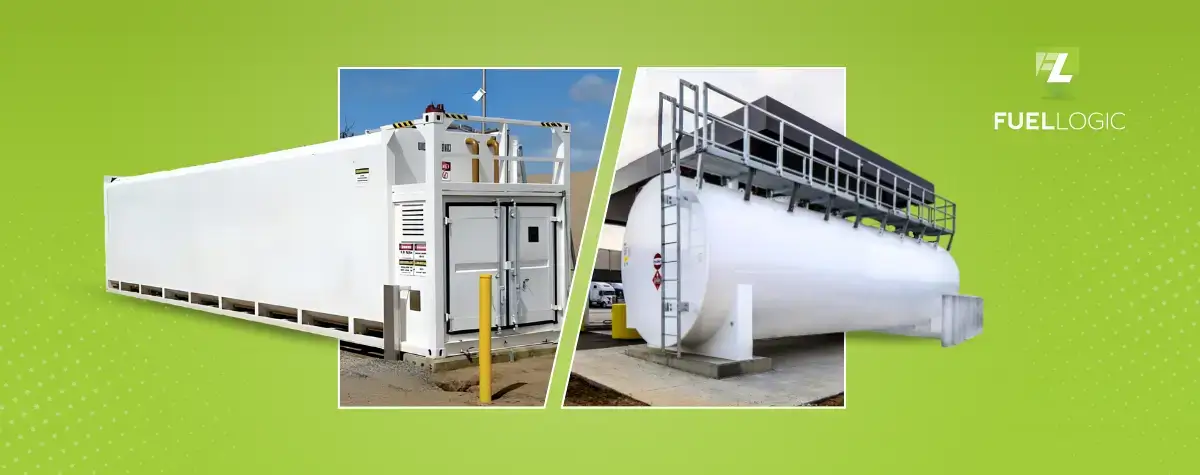
Cube Style or Cylindrical Fuel Tank: What’s the difference?
Selecting the right fuel tank is crucial for various applications as it directly impacts efficiency, safety, and cost-effectiveness. When comparing cube style or cylindrical fuel tanks, several factors come into play, with considerations such as space, cost, and specific usage requirements playing a significant role. Although cylindrical tanks are being predominantly used in the industries,…
-
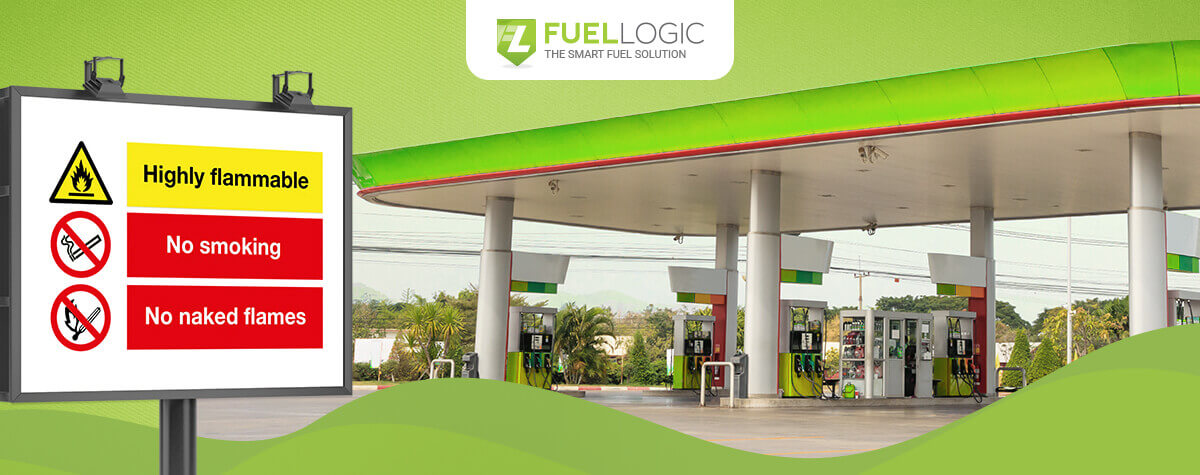
Safe Refueling Practices and Protocols for Fueling Safety
Safe Refueling Practice Guide: Protocols and Best Practices for Fueling Safety Safe refueling practices are crucial to prevent accidents and mitigate potential hazards associated with handling flammable fuels. Adhering to safe refueling practices ensures the well-being of individuals and the environment. An unfortunate incident happened in Ghana, Africa in 2017, due to the same neglectful attitude towards refueling…
-
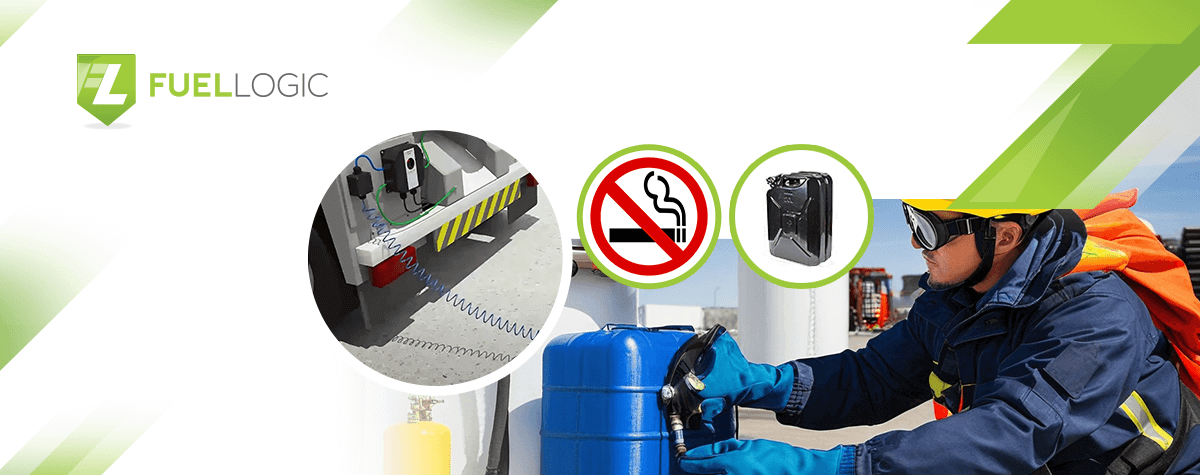
Fuel Safety Precautions and Guidelines for Staying Safe in Handling Fuel
To ensure fuel safety, especially in 2024, handlers must use proper containers, prevent sparks, keep a fire extinguisher nearby, avoid ignition sources when refueling, and store fuel in approved, well-ventilated portable containers away from heat. Spills should be cleaned immediately, and skin exposed to fuel should be washed thoroughly with soap and water to prevent…

